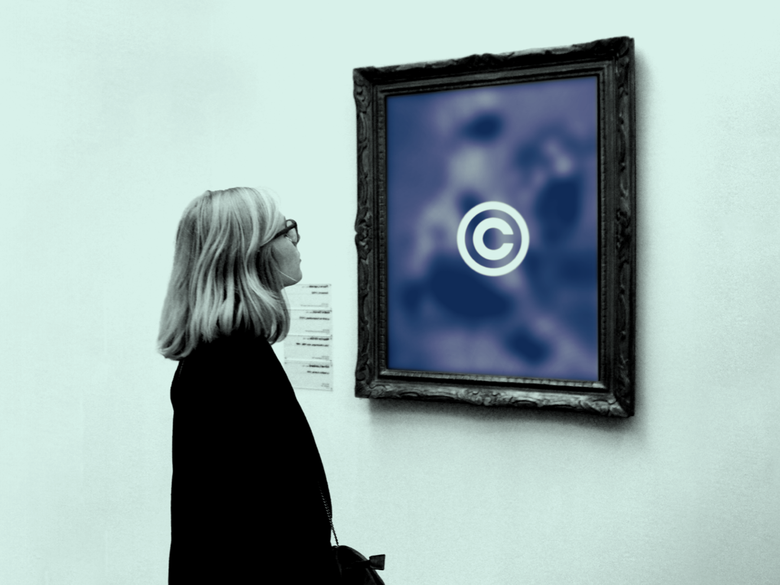Episode Description
Show Description:
Warren Buffett once said he would rather trust his money to monkeys throwing darts than financial advisers. So how do the monkeys’ chances of hitting the target stack up against those of, say, pollsters, Magic 8 Balls or star charts? Maybe the monkeys have practised.
Meet Robert de Neufville, who is super at forecasting: someone whose predictions have proved far more accurate than regular forecasting and regularly outperform intelligence analysts’. Robert holds degrees in government and political science from Harvard and Berkeley, co-hosts the NonProphets: (Super)forecasting Podcast and has extensive experience in analyzing existential risk. Robert and hosts Vass and Paul discuss everything from Buffett’s monkeys and Moneyball to the importance of parking your biases, knowing what to research and the difference between hype and meaningful signal, to the value of expertise, new things to worry about and the need to stay skeptical.
Mentioned:
- NonProphets (Super)forecasting Podcast by superforecasters Atief Heermance, Robert de Neufville and Scott Eastman: https://nonprophetspod.wordpress.com/
- For more on Elaine Rich and the Good Judgment Project, see Alix Spiegel on Morning Edition, “So You Think You’re Smarter Than A CIA Agent” (NPR, April 2, 2014)
- Philip E. Tetlock, one of the founders of Good Judgment, author of Expert Political Judgment: How Good Is It? How Can We Know?, 2nd ed. (Princeton University Press, 2017)
- Scholar Barbara Mellers: see, for example, “Human and Algorithmic Predictions in Geopolitical Forecasting: Quantifying Uncertainty in Hard-to-Quantify Domains” by Mellers, John P. McCoy, Louise Lu and Philip E. Tetlock, 2024, Perspectives on Psychological Science 19 (5), https://doi.org/10.1177/17456916231185339
- Swedish Defence Research Agency’s crowd forecasting site Glimt: https://glimt.nu/glimt/en/welcome.html
- Brier score: https://en.wikipedia.org/wiki/Brier_score
Further Reading:
- Robert de Neufville’s bio: https://goodjudgment.com/about/our-team/superforecaster-profiles/robert-de-neufville/
- Robert de Neufville’s Telling the Future Substack: https://tellingthefuture.substack.com/about
- For more on IARPA (Intelligence Advance Research Projects Activity) and the massive supercasting tournament it launched in 2011, see: https://goodjudgment.com/common-questions-good-judgment-superforecasters/
Credits:
Policy Prompt is produced by Vass Bednar and Paul Samson. Our technical producers are Tim Lewis and Melanie DeBonte. Fact-checking and background research provided by Reanne Cayenne. Marketing by Kahlan Thomson. Brand design by Abhilasha Dewan and creative direction by Som Tsoi.
Original music by Joshua Snethlage.
Sound mix and mastering by François Goudreault.
Special thanks to creative consultant Ken Ogasawara.
Be sure to follow us on social media.
- X: @_policyprompt
- IG: @_policyprompt
Listen to new episodes of Policy Prompt biweekly on major podcast platforms. Questions, comments or suggestions? Reach out to CIGI’s Policy Prompt team at [email protected].





